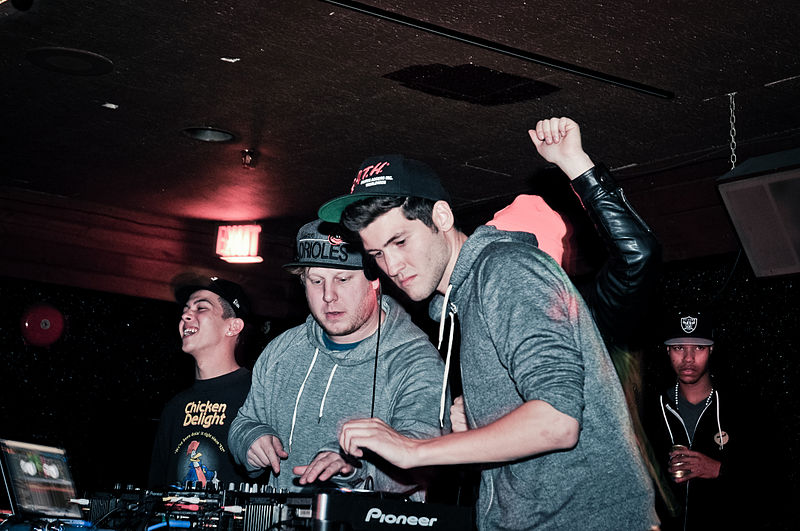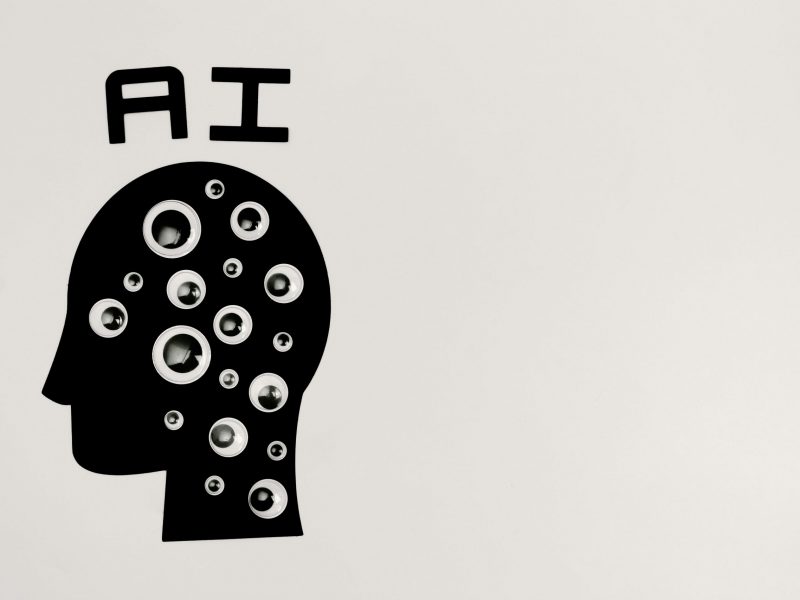Even in 2012, New York-based DJ and producer Baauer was more than just the man behind “Harlem Shake,” despite the viral hit’s career-defining properties. When a YouTube meme rocketed the bouncy, growling banger to No. 1 on the Billboard chart — knocking Macklemore’s “Thrift Shop” from its throne — the song helped usher in a new era of hip-hop-influenced electronic music.
Despite copping its name from the trunk-rattling drug anthems of Southern rap, the sound popularly called “trap” has defined the electronic and pop music of the past several years. And four years after Baauer helped redefine the pop landscape with a little help from Internet idiocy, he finally released Aa, his long-awaited debut album that pushes the very boundaries he was instrumental (ha) in creating.
If anything is immediately indicative of Aa‘s eclectic sound, it’s the wide-ranging list of features, including heavy hitters such as Future, Pusha T and M.I.A. Baauer is no stranger to picking guests that complement both his sound and one another — even if they don’t immediately seem as though they would. After all, the past two years saw both an early collaboration with Fetty Wap and a swaggering mid-tempo cut featuring both Rae Sremmurd and AlunaGeorge.
So when M.I.A. shows up on mid-album energy shot “Temple,” it’s no surprise that she’s phenomenal over the world beat-influenced trap that sounds custom-made for her nasal cadence and the low rumble of South Korean rapper G-Dragon. Similarly, the Future- and Pusha T-featuring “Kung Fu” is an ideal beat for the duo: soaring, mischievous and with plenty of room for oh-so-many cocaine references (standouts include: “Welcome to the wide world of snort” and “We was buying Macklemore, cooked it into Klitschko”).
As the guests might suggest, Aa is heavily influenced by the music of other cultures, even on the tracks that are solely Baauer. “Sow” sees the producer returning to his habit of sampling South American music, chopping up baile funk into a mechanical yet strangely danceable beat that needs no accompaniment. With the exception of “GoGo,” which destroys speakers on the level of the bangers on erstwhile collaborator RL Grime’s far more generic 2014 album Void, the trap influence is limited on the record’s instrumentals.
“Body” is a melodic slow burn that builds into a U.K. garage drop, showcasing Baauer’s proficiency in electronic genres other than trap. It’s an ability he flexes again on the breezy Daft Punk-influenced “Pinku.” But while these jams are fun, enjoyable rides through more traditional roads of electronic music, they lack the immediacy of Baauer’s hip-hop experiments like “Day Ones” and the club-ready “Make it Bang.”
Aa hits the key points that most of today’s major electronic albums (think recent debuts from Jack Ü and RL Grime): big vocal anthems, varied instrumentals and enough bass to sink a small ship (how do those EDM cruises stay afloat, anyway?). But it fares better than either of those projects because instead of appearing to check those points off a list, it follows Baauer’s musical influences and passions on a whim, providing the album with a natural musical diversity found in few albums of any genre. And while not every track is the immediate fireworks display listeners have come to expect from electronic music (especially trap), there aren’t really any duds either. And as Aa proves, sometimes the sparklers are just as exciting as the rockets.



